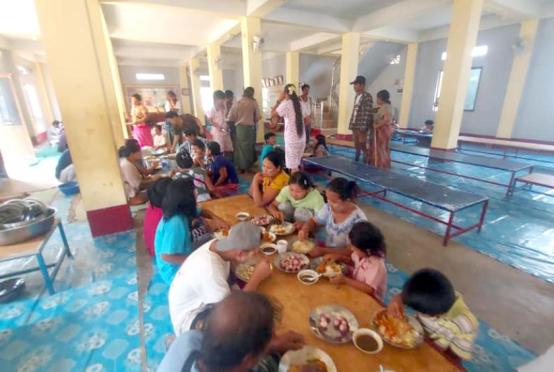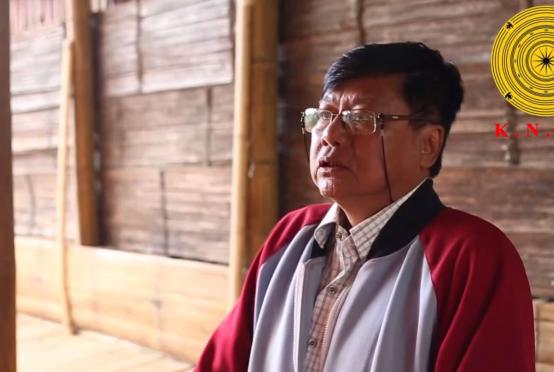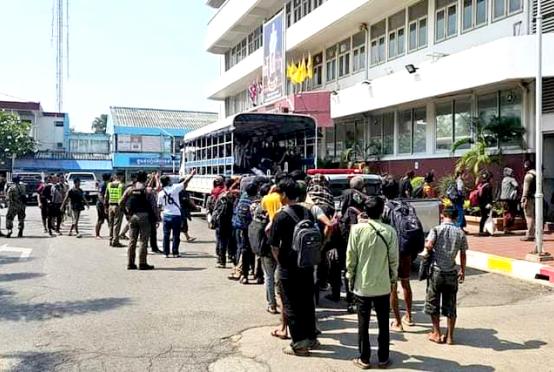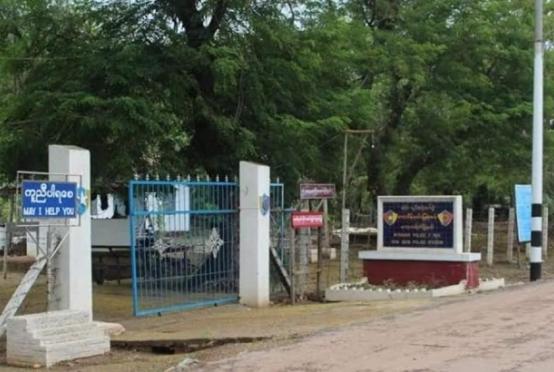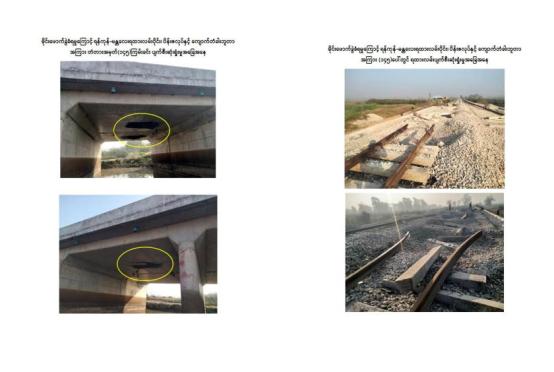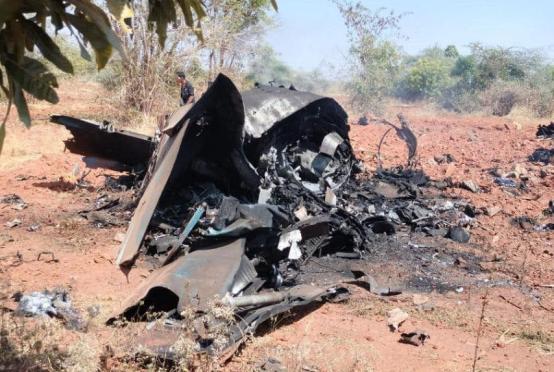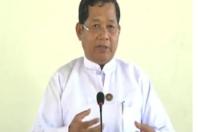Political parties should place more emphasis on increased female participation in the election Union Election Commission though the female participation in 2015 election increased to 13 per cent, said Chair Hla Thein, at a ceremony at Grand Amara Hotel in Nay Pyi Taw on November 26.
Democratic countries place emphasis on the fundamental principle which is civic equality. Running for seats and voting in the election is the human right which allows man and women to equally participate in it, he added.
Out of 2,069 candidates in the 2010 General Election, 127 candidates are females. The 4.1 per cent of female candidates were elected to the parliament. In 2015 General Election, 800 out of 6,038 candidates were females.
In 1997, Myanmar ratified the Convention on the Elimination of All Forms of Discrimination against Women (CEDAW). The UEC is working on the implementation of tasks included in the CEDAW, gender quality in the electoral sector and women empowerment, he continued.
In early March, the PACE (People’s Alliance for Credible Elections) conducted a survey of more than 2,900 people across the country in order to know the public’s interest in politics. The survey shows that 70 per cent of citizens will cast their votes for female and youth candidates. More than 37 per cent of citizens will certainly cast their ballots if the political parties they support submit female candidates and 34 per cent of citizens are interested in casting their ballots.
Ko Sai Ye Kyaw Swa Myint, Executive Director of the PACE said: “This is the best evidence the political parties said, for increased participation of females and youths.
The percentage of female participation is relatively low though the number of female MPs in the current parliamentary term is higher than that in the previous term. Political parties need to use females. At the same time, females themselves need to show their power of how they can perform their duties like males, said Upper House MP Htoo May.

